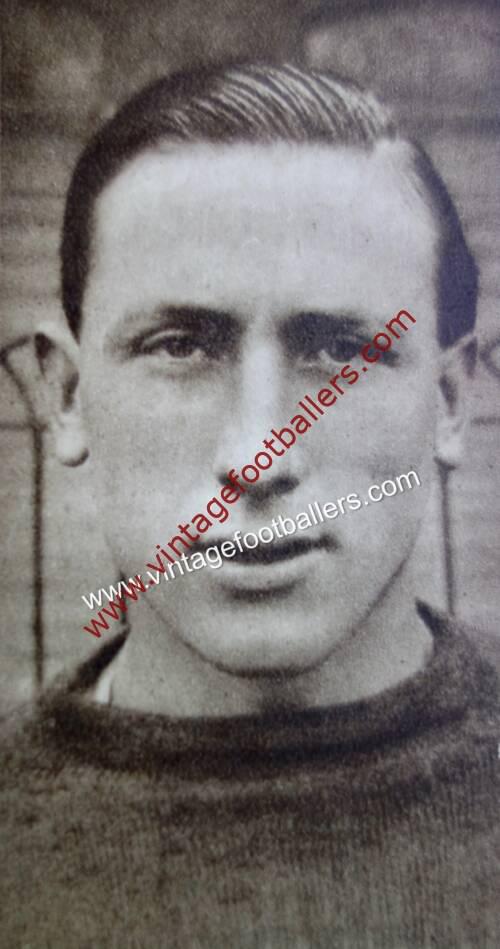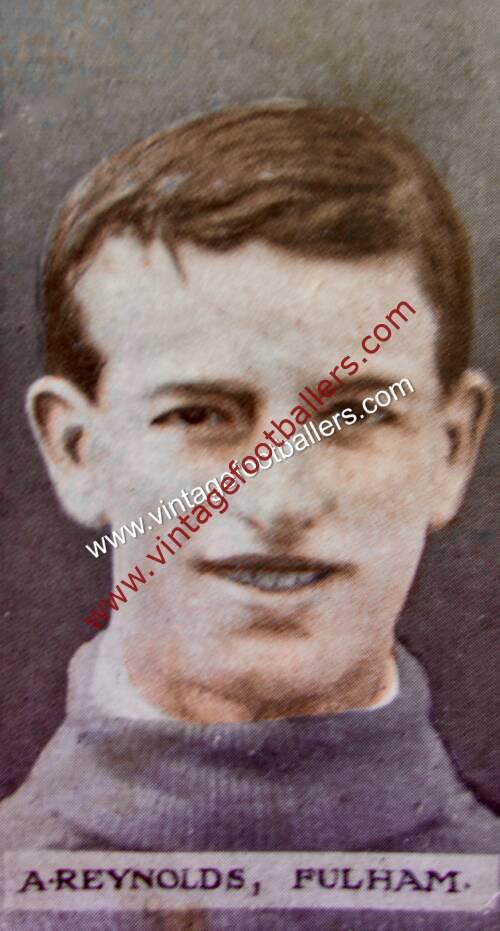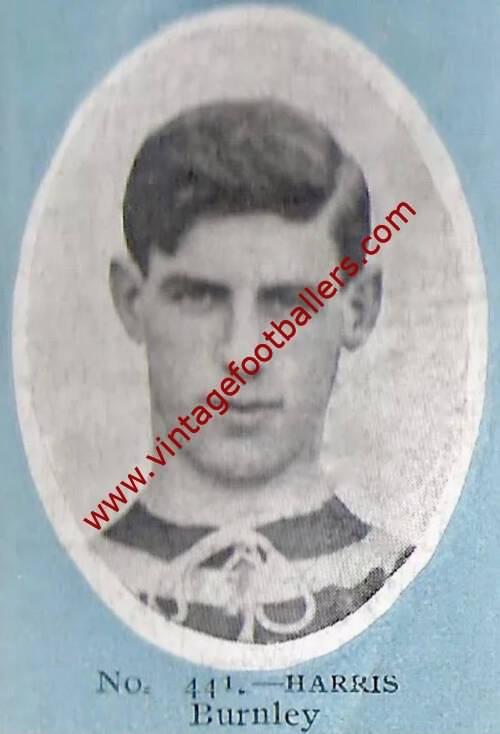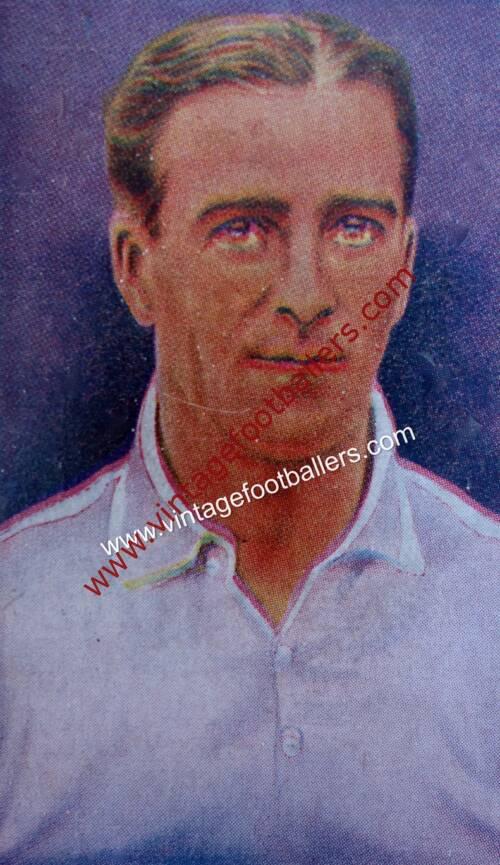Please choose your photo size from the drop down menu below.
If you wish your photo to be framed please select Yes.
Note: 16″x 20″not available in a frame.
Images can also be added to accessories. To order please follow these links
£8.95 – £49.95
Please choose your photo size from the drop down menu below.
If you wish your photo to be framed please select Yes.
Note: 16″x 20″not available in a frame.
Images can also be added to accessories. To order please follow these links
Alexandria, Dunbartonshire born full back Duggie Livingstone started with Scottish junior clubs Parkhead and Glasgow Ashfield before joining Celtic in January 1917. He made his Scottish League debut in a 4-0 league victory at home to Ayr United on August 18th 1917, and helped the side to the Scottish League title in 1919. He also had lengthy loan spells at Dumbarton Harp from January 1917 and also appeared for Clydebank in 1918 while at Celtic. He left Parkhead in April 1921 for long time admirers Everton, having played 47 times for the Bhoys, where he played for the next 5 years, making his Football League debut at Manchester United in September 1921 and completing exactly 100 Everton appearances before moving to Home Park in February 1926 to join Plymouth Argyle. In an eight-month spell, Livingstone played 22 times for the Pilgrims across the end and start of two seasons. He returned to Scotland and played for Aberdeen from 1927. After three seasons with the Dons, having made 80 appearances for the Pittodrie club, he moved back to Merseyside to play for Tranmere Rovers, for whom he made 95 appearances playing his last first team match in December 1932. After Rovers he retired from the game, although records do suggest a brief spell playing in Jersey.
Livingstone took up a role as trainer with Exeter City in 1932-33. This was to be the start of several posts in football management after his playing days were over, including over a decade in Sheffield where he worked as a coach for both United and Wednesday. He then had a notable career as a manager during the 1950’s. Firstly in Holland coaching Sparta Rotterdam from 1949, then as national manager of The Republic of Ireland (1951-53 and the first non-Irishman to do so) and Belgium (1953-54) qualifying for the 1954 World Cup before a return to club management with Newcastle United in December 1954, with whom he won the 1955 FA Cup when they beat Manchester City 3-1 at Wembley, staying until January 1956 when he became Fulham’s manager, taking them to the 1958 FA Cup semi final. He remained with Fulham until May 1958, when he accepted the job as manager of Chesterfield, a role he performed until May 1962.
| Weight | N/A |
|---|




